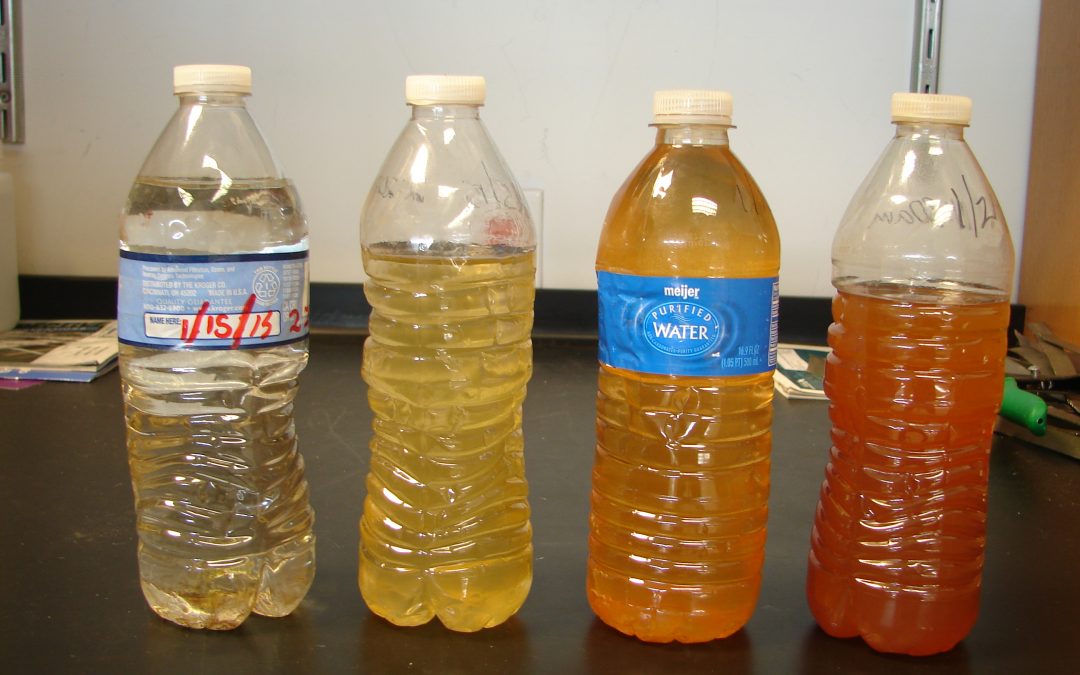It’s hard to believe that it has already been over 5 years since Flint, Michigan’s water crisis began. It began on April 25th, 2014 when Flint officials switched the city’s water supply from the Detroit Water and Sewerage Department to the Karegnondi Water Authority. However, before the connection was built, the city temporarily turned to the Flint River to cut costs for the financially-struggling city. You may remember it dominating the headlines and seeing those awful pictures of glasses filled with brown water from homeowners’ faucets. Twelve people died due to Legionnaires’ disease after the crisis began. It’s been reported that 6,000-12,000 children were exposed to lead through the water. Unfortunately, according to a study done by American Water Works Association (AWWA) in 2016, the use of lead lines is a nationwide problem. Estimates calculated that there are 6.1 million partial or full lead-containing service lines used in community water systems. There are 15 to 22 million people currently served by lead-containing service lines.
This lead crisis is not a problem of the past or merely an issue in Flint. Just this year, this article stated the city of Newark, NJ told about 15,000 households to drink only bottled water and handed out water filters, though the EPA warned they may not be working. According to the article, “Tests in 2017 found that 1 in 10 Newark homes had nearly twice as much lead in their water as allowed by the federal government.” One might ask, “Why not just replace all the pipes at once then?” Unfortunately, estimates for replacing all lead water pipes have stated it could cost $30 billion. David LaFrance, CEO of AWWA, has calculated the cost at $5,000 per lead line replacement, which means the collective cost could be above $30 billion. He added, “This is in addiction to $1 trillion needed over 25 years to repair and expand buried drinking water mains.” In other words, if you have a lead water line, waiting on the government to replace yours might be a very long wait. For those of us in Denver, Denver Water holds the position that property owners own their water lines, so they are responsible for replacing them. In part 2 of our blog series on lead water lines, we’ll look more at lead’s current effect in Denver and what you can do about it!
Apex Plumbing is a locally owned and operated water and sewer line repair company. We have replaced thousands of water lines over the years and are fully qualified and insured to handle any lead line replacement job. In next week’s article, we’ll look at how you can know if you have lead in your water line and the next steps if you do including contacting us for your FREE estimate!



